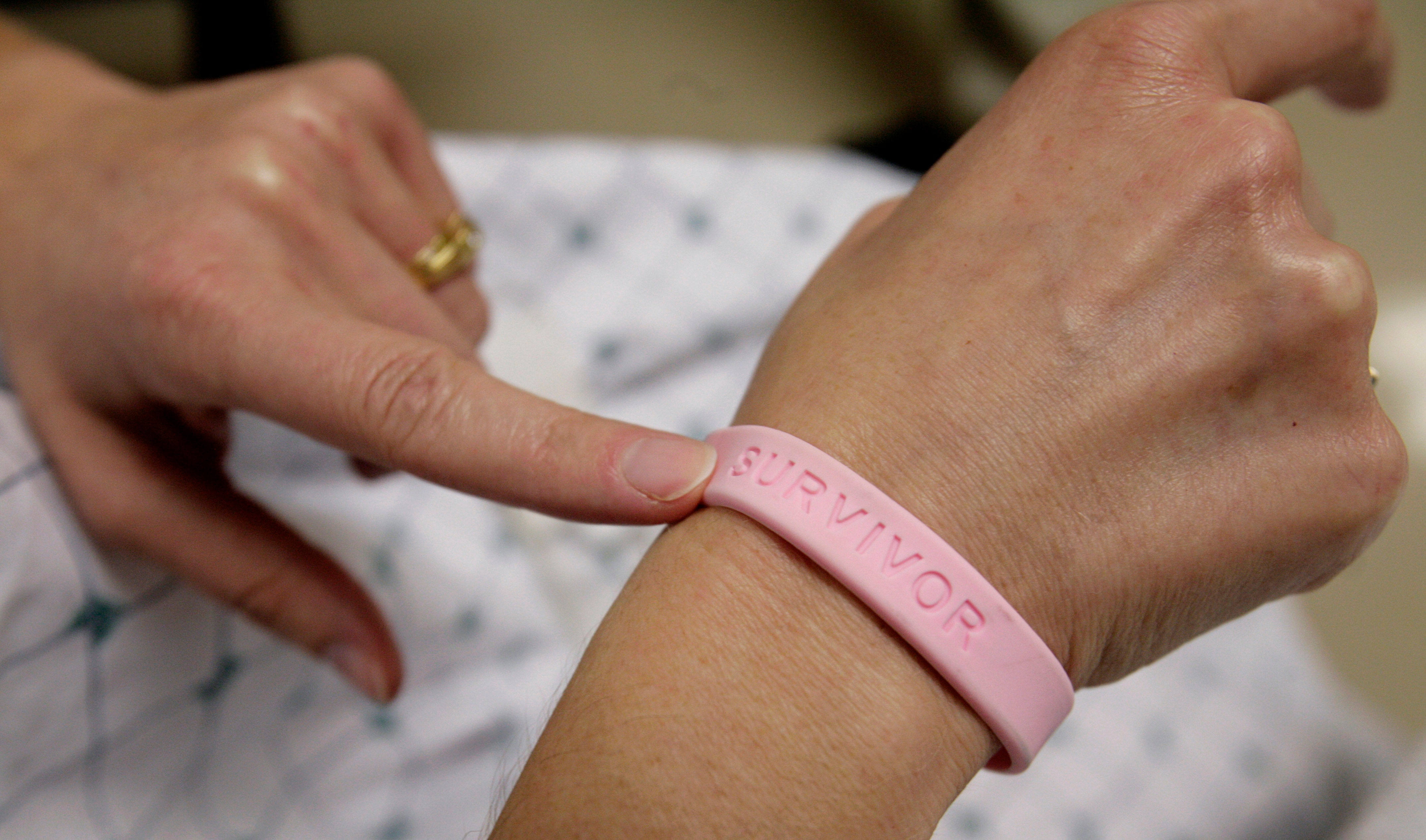In 1993, the U.S. mandated that women and minorities be included in clinical trials funded by the federal government. More than 20 years later, it has become clear just how critical that law was: Studies have shown that not only do men and women experience certain diseases differently, but also their response to treatments can vary considerably.
Paula Johnson, professor of medicine at Harvard Medical School and executive director of the Connors Center for Women’s Health and Gender Biology at Brigham and Women’s Hospital in Boston, says what researchers have learned so far is only the tip of the iceberg.
“The entire field of sex and gender-based medicine is so underrecognized as an important lens through which to consider science, care and how we think about exposure to health risks,” Dr. Johnson says. “There’s a huge amount of work to do.”
Here are some of the important discoveries that have come out of gender-based research over the past two decades:
Alzheimer’s. Two-thirds of the 5.1 million Alzheimer’s patients in the U.S. are women. For years, researchers assumed that more women develop Alzheimer’s simply because the disease is associated with age, and women live longer than men. Recent research, however, has indicated that hormones may play a role. Animal studies have connected a lack of estradiol—a form of estrogen that affects the brain—with risk factors for Alzheimer’s, leading researchers to delve into the role ovarian decline may play in the deterioration of the brain as women age. The research is in its infancy, but scientists hope it ultimately will shed light on whether and how gender plays a role in both the development of Alzheimer’s and the severity of the symptoms. Meanwhile, gender-based studies already have led to clinical trials of two drugs that are being tested equally on men and women.
Nicotine addiction. Women tend to become addicted to nicotine more easily than men, and research has indicated that the strategies typically employed to help people stop smoking, such as patches, pills or nasal sprays, are less effective for women than men. Studies show that women tend to have more success with a chewing strategy, so doctors trying to help women quit smoking might be better off recommending nicotine gums than any of the other options. But because it takes a while for research to be translated into clinical treatment, this sort of gender-based approach isn’t yet common.









Leave a Reply